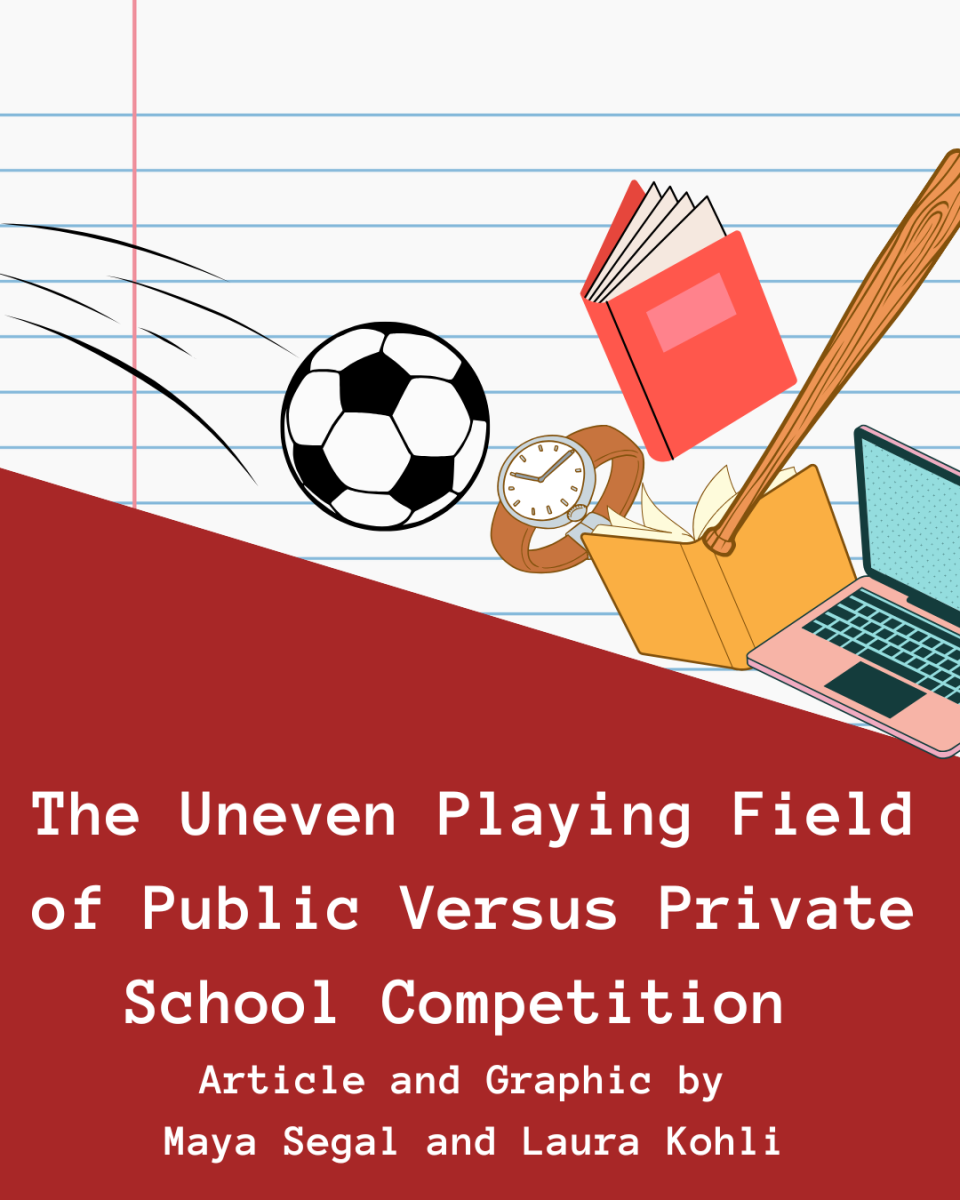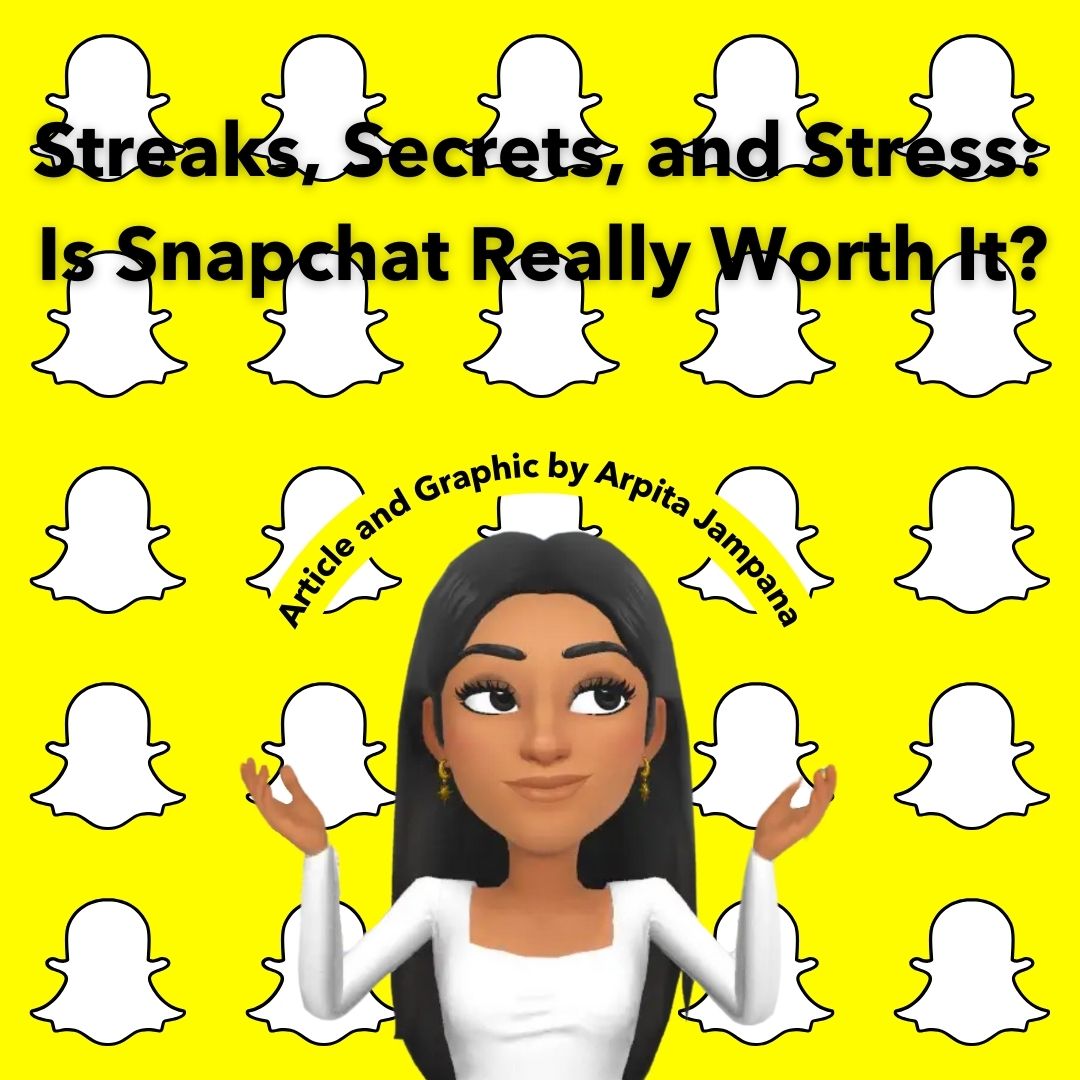Physics is often referred to as the “language of the universe.” It explains why a baseball hits the ground when it does and how a person moves smoothly on an ice-skating rink. It accounts for seemingly ordinary events such as how your alarm clock rings in the morning. From the smallest particles to the largest galaxies, physics helps us understand the world around us and even ourselves. Yet for many students, it feels like just a bunch of complex equations, wacky theories, and, consequently, a subject reserved for “geniuses.” This makes it hard to see how exciting and important physics really is.
At its heart, physics isn’t about memorizing formulas or solving problems. It’s about your curiosity taking you on an exciting adventure. Why do objects fall? What causes time to stretch near a black hole? Physics doesn’t demand you know the answers. In fact, it demands you ask the right questions. That is where its beauty lies and that is why it should be celebrated not only in classrooms but also in every corner of our lives.
Take quantum mechanics, one branch of science that goes completely against the normal everyday intuition humans have and proves that particles can exist in two places at once. It teaches us that merely observing something will alter what happens. Which, normally, sounds absolutely ridiculous, but the moment you dig deeper, there is a reality even more intricate and far more mind-bending than anything in a science fiction movie.
Every discovery the physicists make shows how little we really know. We have mapped galaxies billions of light-years away, yet we still do not know what dark matter and energy are, even though they make up 95% of the universe. These mysterious forces govern almost everything in the universe but remain hidden from our exploration. The knowledge that there’s always something more to learn is perhaps the most humbling and the most exciting aspect of physics.
Physics is often taught in a way that strips it of its wonder. For many students, it’s reduced to solving equations on a piece of paper, disconnected from the real-world applications they explain. While those equations are undoubtedly important, they shouldn’t be the entire story. Physics is as much about creativity and exploration as it is about accuracy.
To inspire this kind of excitement in physical reality, physics must be made more accessible and relatable. Why not demonstrate motions using baseball games instead of making students sit in boring lectures? Why not show a Doppler effect with music videos? Using more relevant simulations and engaging hands-on experiments, students can learn present-day mathematical concepts that can connect to everyday life. Imagine students calculating how well a soccer ball kicks or students analyzing the acoustics of Imagine Dragons to learn about sound waves.
Unfortunately, many believe that physics is only for scientists or engineers. However, physics manifests in almost all activities of life. It teaches us how things in our worlds interact, such as how our cell phones operate, climate change, or how sound would travel to make music. It’s in the design of safer cars, the study of medical imaging techniques, and the exploration of sustainable energy sources.
Physics stands as a reminder of how interconnected everything is in the universe. The same laws that govern the life cycle of a star, decide how a basketball orbits the court. The same principles that explain the fusion powering our Sun also light our homes. The same force that allows us to walk without slipping on the ground also keeps our planet together.
Comprehending at least basic physics also helps develop problem-solving and critical thinking skills that apply far beyond the classroom. Whether you’re debugging code as a software engineer, creating a marketing strategy as a business professional, or even baking a cake, the logic and analytical mindset you gain are applicable everywhere.
So, the next time you hear about something like black holes or a particle accelerator, don’t think of it as an irrelevant machine. Physics is for everyone, and it’s worth exploring as it’s the key to unlocking the mysteries of the universe, and maybe even a little bit of yourself.






![What Do We Do [AI]bout This?](https://enloenews.org/wp-content/uploads/2025/04/what-do-we-do-aibout-this.jpg)